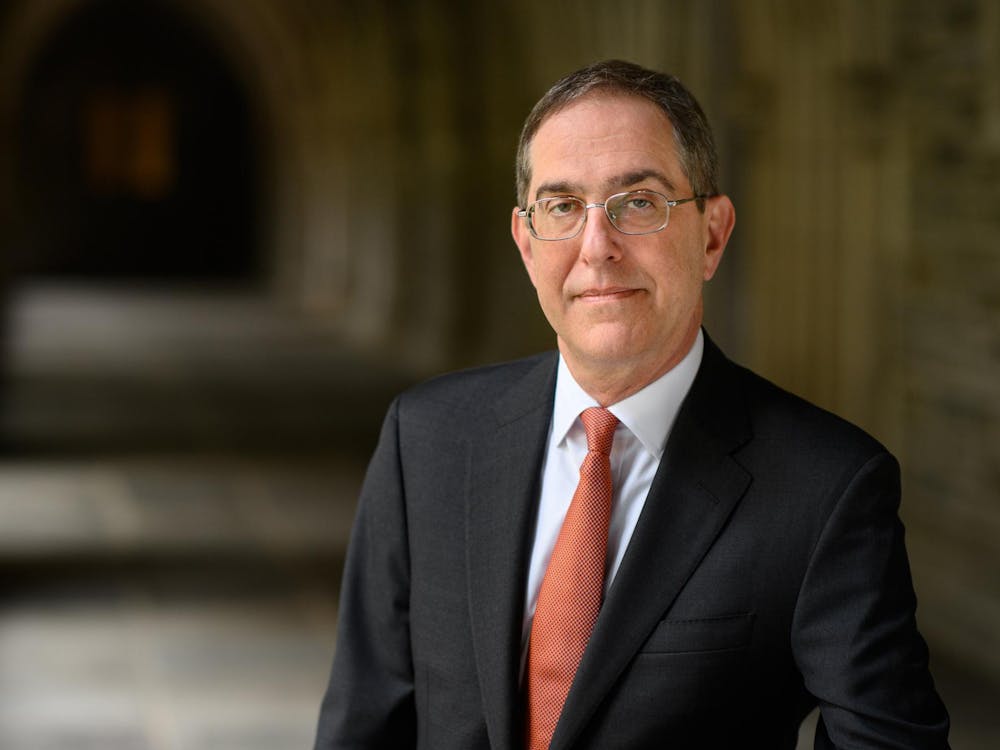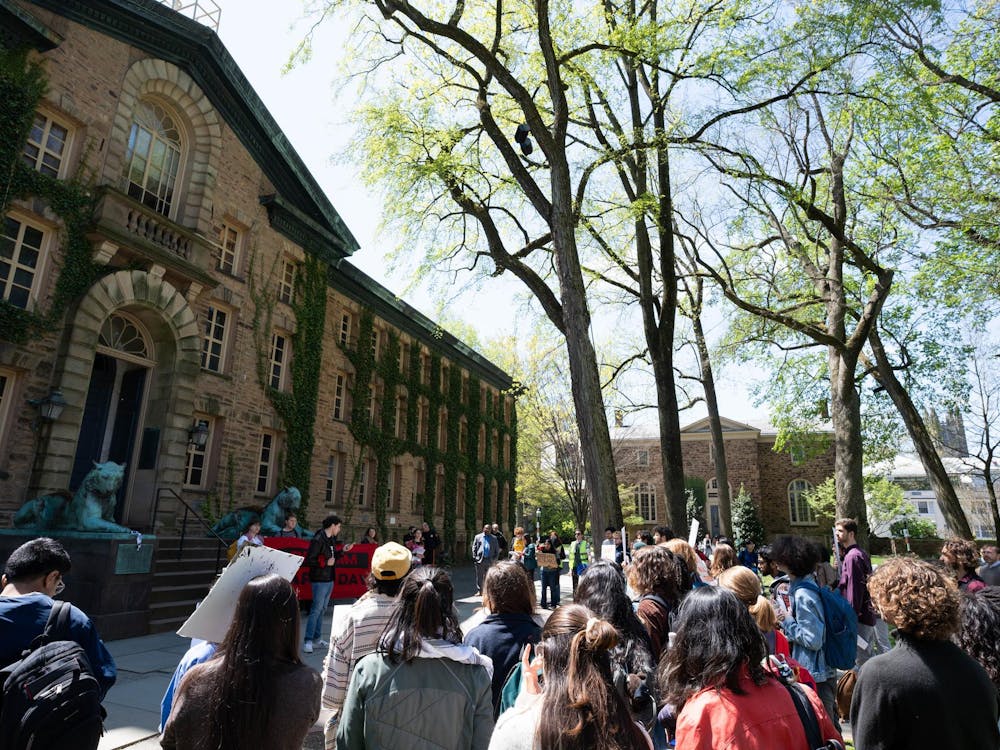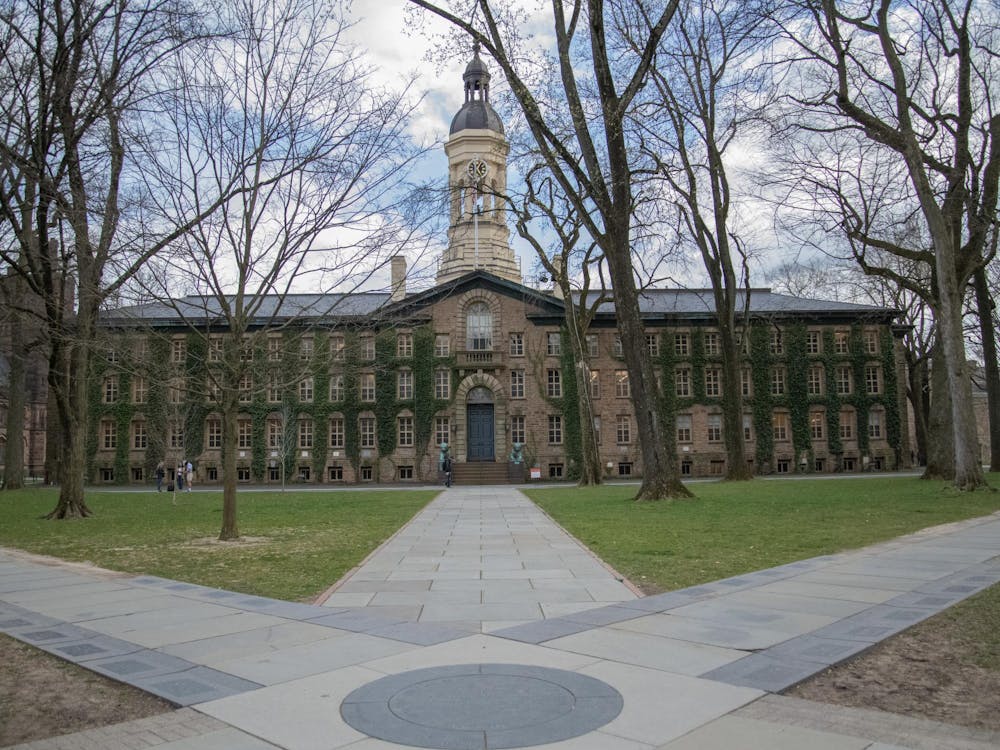By Cameron Langford
Columnist Spencer Shen recently argued that SHARE’s new “Unless There’s Consent” program lacked the ability to reduce sexual assault on campus. No program, in Shen’s view, can reduce or eliminate Princeton’s sexual assault numbers, because nonconsensual sex is the inevitable result of a beer-sodden campus culture. For Shen, where there is alcohol, dim lighting and dubstep, rape is all but unavoidable.
Like columnist Isabella Gomes and many of my Facebook friends who linked to the article in angry or bewildered statuses, I strongly disagree with Shen. I find something deeply problematic with his assumption that where there is alcohol, there will necessarily be rape — and that this is a reality to which Princeton students and administrators must resign themselves.
It’s true, of course, that rape is more likely when alcohol enters the picture, but insofar as rape depends on one or both parties being in a (presumably drunken) state that makes consent impossible. Just as you cannot get into a car accident without getting in a car, as one example, you cannot have drunken sex without drinking. Fine. Where Shen goes wrong is in assuming that the two unavoidably go hand-in-hand and that rape inevitably and inescapably follows from alcohol consumption. Sure, nonconsensual sex may require being in a state too drunk to consent, but that doesn’t mean that a drinking culture must necessarily lead to a culture in which 1 of every 8 undergraduates is raped. I, like Gomes, argue that we can have one without the other — and, perhaps more to the point, we can have a culture of one that does not endorse or shrug off the other as mere collateral damage.
To examine my argument more closely, let’s consider a less controversial example, one set outside of sticky eating club dance floors. Say that, after graduation, a Princeton alumna named Alice moves to New York City. One night, Alice visits her friends, who live in an apartment several blocks from hers. At two a.m., she leaves for home and takes a shortcut through a dimly lit street, even though she knows that more murders occur in such settings than on major thoroughfares. Then, while walking along this dark path, a man emerges from the shadows, holds a gun to Alice’s head, and kills her. The question is, as with alcohol-induced rape, to what extent is Alice responsible for what happened to her? After all, her decision to walk along a dark street ultimately resulted in her death — isn’t she, in some way, culpable?
And yet, our intuitive response is that Alice is not responsible for her murder (at least not in any moral sense); the murderer is. The important distinction to draw here is that between causal and moral responsibility: Just because someone’s actions, like walking on a dark street or drinking to excess, ultimately cause some consequence doesn’t mean that we find the person who performed those distantly causal actions morally culpable for that consequence. Instead, we say that the person who intended to cause the consequence — that is, the rapist or the murderer —is at fault. To go farther back than that direct causal link is to open up a space in which it becomes permissible to argue that people are responsible for the more distant consequences of their actions: that Alice caused her own death simply by moving to New York City, or that students cause their own rapes simply by matriculating at Princeton.
The Alice example starts to disentangle the link Shen proffers between rape and alcohol. But it also acknowledges the reality that – just as Alice’s risk of death increased when she chose to walk along the dark street – the risk of rape increases when alcohol enters the picture. To understand a risk, however, need not be to accept it, or more specifically, to accept responsibility for it. (That is victim blaming, plain and simple.) And it is certainly not to endorse it. Shen’s argument, under this construction, becomes absurd: He essentially argues that one consents to nonconsensual sex by consenting to party culture. But to “implicitly support” a campus culture that, many steps down the line, sometimes results in rape is a different thing entirely from “implicitly supporting,” or consenting to rape itself.
Princeton’s current rape rates are not a reality we need to accept on face. As Gomes points out, rape and party culture can be separated, and change can be effected, with programs like “Unless There’s Consent.” Perhaps the one thing Shen is right about is that we can’t change a “college culture” that revolves around drinking and sex. (Nor, in my opinion, should we.) But we need not, as Shen argues, throw our hands up and conclude that nonconsensual sex is the inevitable price we pay. Instead, we need to shift the conversation, as “Unless There’s Consent” has attempted to do, away from victim-blaming and towards prevention.
Cameron Langford is a politics major from Davidson, N.C. She can be reached at cplangfo@princeton.edu.









